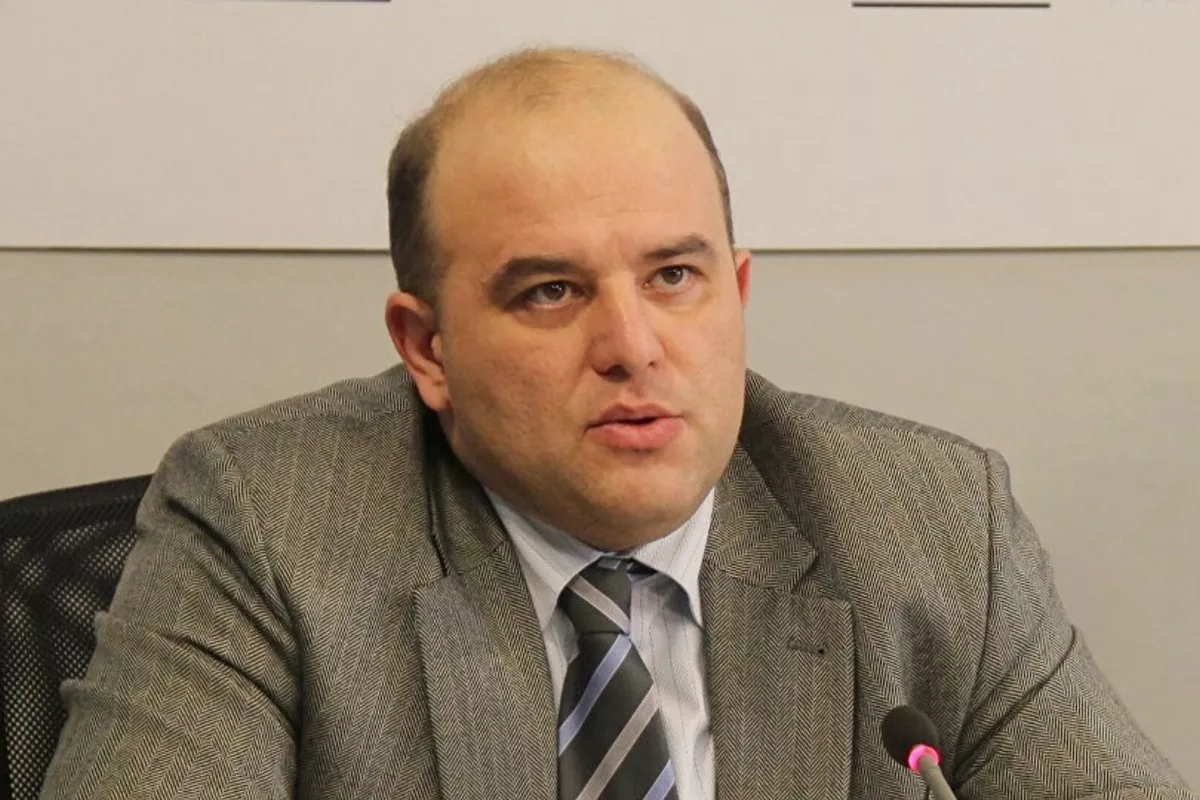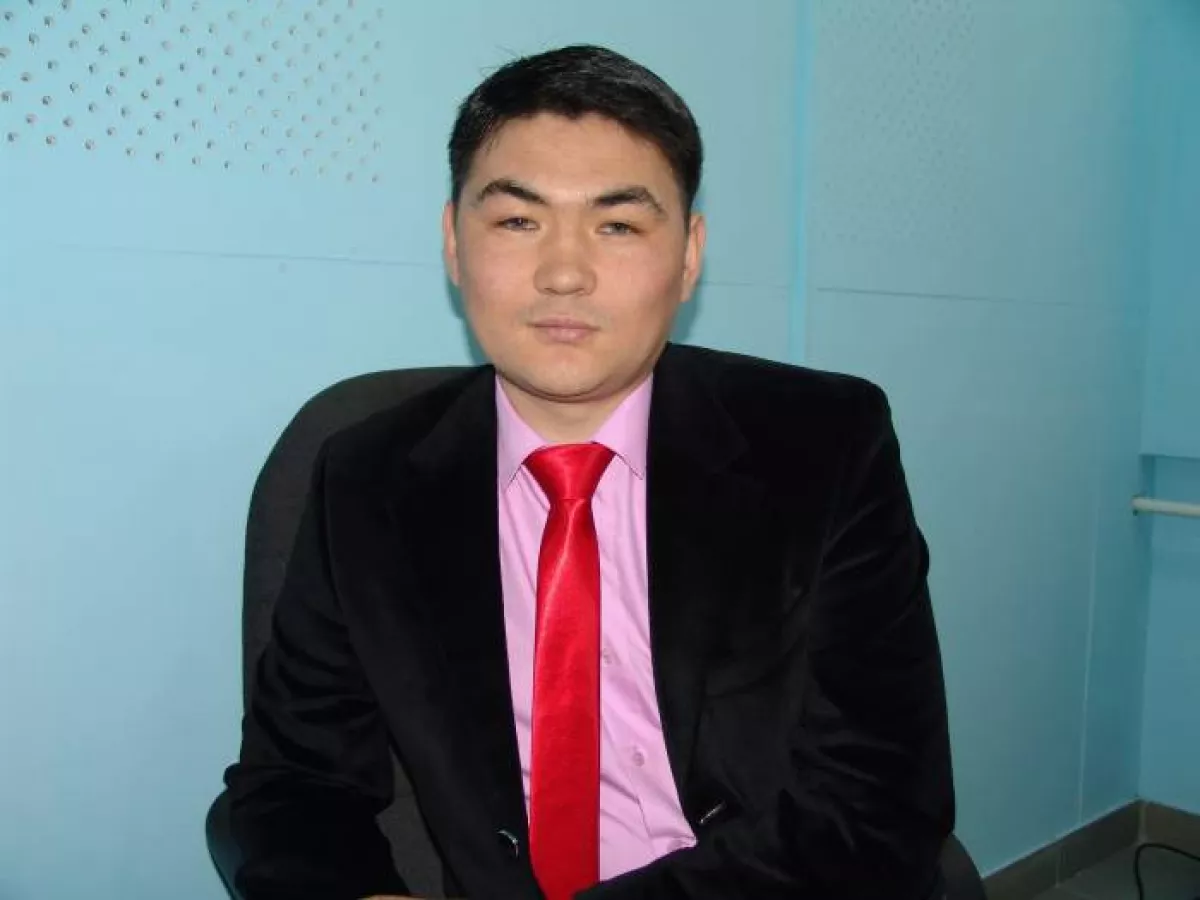"Armenia’s radical clergy living its final days" Expert opinions on Caliber.Az
The conflict between the Armenian Church and Prime Minister Nikol Pashinyan appears to be entering a new phase. According to the Hraparak newspaper, after a long silence, the clergy has launched a counterattack: following Pashinyan’s recent claim about a supposed assault on the patriarchate, church representatives have started filming videos in front of Etchmiadzin, expressing support for the Catholicos and criticising the government’s anti-clerical campaign.
Catholicos Garegin II himself has also become more active, delivering an address in which he labelled Pashinyan’s campaign against the Church a “serious threat to independent statehood,” effectively calling on the public to rise up against the prime minister.
How will events unfold from here? Will the Catholicos succeed in rocking the boat and undermining public trust in Pashinyan? Caliber.Az posed these questions to foreign political analysts specialising in the South Caucasus.

Georgian political scientist, Doctor of Military and Political Sciences, Professor Vakhtang Maisaia believes that this confrontation reflects a deep-rooted political crisis in Armenia.
According to him, the conflict between the state and the Church goes far beyond ideological disagreements and is acquiring strategic importance amid ongoing reforms and foreign policy shifts.
“Pashinyan, unlike the revanchist opposition, is demonstrating a commitment to the idea of peace between Armenia and Azerbaijan and has essentially become a symbol of a new political course,” he noted.
The expert recalled that the Armenian prime minister recently met with Azerbaijani President Ilham Aliyev in Abu Dhabi — a further step towards normalising relations between the two countries.
“I also see the influence of external forces in what is happening in Armenia — forces interested in destabilising the region. A third party is deliberately stirring the waters in this new sea of events, where a long-term framework for coexistence between Armenia and Azerbaijan is only just beginning to take shape through the leadership of both countries. This process requires resilience and protection from both internal and external disruptive elements,” Maisaia concluded.

According to Kazakh political analyst Atbek Aitmatov, the bishops in Etchmiadzin, led by the Catholicos himself, appear to have interpreted Pashinyan’s recent statements as a call to action and a threat to their security.
“However, it should be noted that although the Armenian clergy is now trying to present itself as a victim in this process, no one forced it to oppose the country's official authorities, to repeatedly cooperate with the opposition, and to make anti-Pashinyan statements at its prompting. And these were not just remarks contradicting the government's position — they were explicit addresses by the Catholicos accusing Pashinyan and his team of ‘betraying Armenia and Armenian interests’. There were even calls for war with Azerbaijan. It's hard to believe that a clergyman could allow himself to say such things. Apparently, the head of the Armenian Apostolic Church has grown accustomed to impunity and thought this situation would last forever. In that regard, Pashinyan showed extraordinary patience for a long time. So it is entirely understandable why he has now decided to take action,” the analyst said.
In his view, it is now clear to everyone that the revanchist Catholicos is obstructing the signing of a peace agreement between Azerbaijan and Armenia.
“‘Real Armenia’ has not become Pashinyan’s new project by chance. The prime minister realised that after the 44-day war, Armenian society must free itself from outdated ideas and separatist aggression. The only way to rid the country of this delusion is by introducing new values and a different vision for Armenia’s political path and its relations with neighbouring states. That’s why, in my opinion, Armenia’s radical clergy is living out its final days. The majority of society will support Pashinyan’s initiatives — the Armenian people want to live in peace, not in a state of ideological hostility and war,” Aitmatov concluded.








